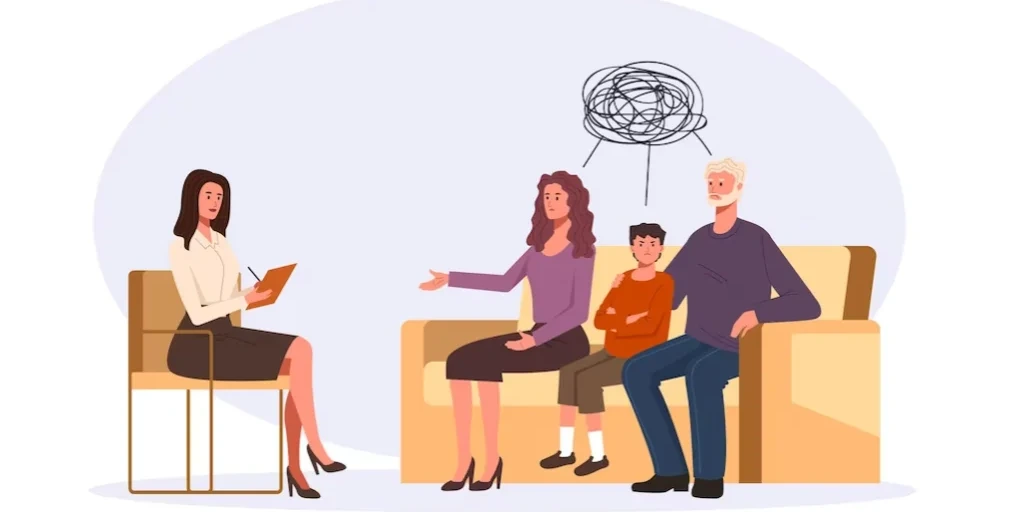24/7 Helpline:
(866) 899-221924/7 Helpline:
(866) 899-2219
Learn more about PTSD Rehab centers in Fishersville
PTSD Rehab in Other Cities

Other Insurance Options

GEHA

Sliding scale payment assistance

BHS | Behavioral Health Systems
Beacon

Private insurance

Horizon Healthcare Service

Premera

Health Net

Humana

Anthem

Amerigroup

BlueShield

ComPsych

Multiplan

Ambetter

Highmark

AllWell

Lucent

Group Health Incorporated

Molina Healthcare

Augusta Health – Recovery Choice
Augusta Health Recovery Choice is a Joint Commission accredited substance abuse rehab center in Fish...

Augusta Medical Center – Crossroads Mental Health
Augusta Medical Center – Crossroads Mental Health is a private rehab located in Fishersville, Virgin...









